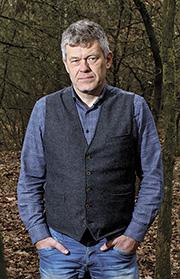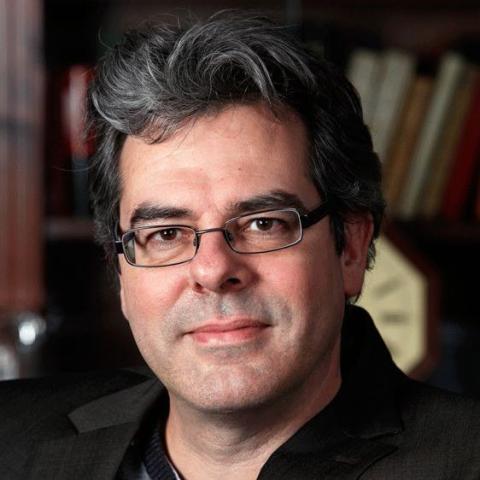Budget Memorandum: “Major crises require major investments and long-term policy”
Traditionally, a few things have leaked out about the upcoming Budget Memorandum. Although it is expected that most Dutch people will gain little or nothing at all financially, various media were cautiously positive about economic growth and the budget deficit. When queried on the subject, however, Tilburg scientists Wim Dubbink, Toine Spapens, Quita Muis, Inge Sieben, and Tim Reeskens were critical about the plans. The gist: what we need is the guts to continue investing heavily to address the major crises: climate change, criminal undermining, housing shortage, and social divide. Restoring trust in government also requires more than a slightly more favorable purchasing power and the cultural gap between politics and ordinary citizens must be narrowed.

The corona crisis should have opened our eyes: it IS possible to offer unlimited financial support in major crises such as the housing shortage and the climate
Professor of Business Ethics Wim Dubbink
Politicians should also be there for young people
This reflects an urgent need: “Corona was especially life-threatening for old people. But young people are also confronted with life-threatening problems: the climate crisis, the housing shortage, and the social divide. Here, too, a crisis approach with unlimited financial support is necessary: “If the Budget Memorandum is taking the accounting approach of a million here and a million there rather than the political approach, then the government is actually saying: we are there for the elderly, but not for the young people.”
Make sure to include the long term
For 2022, the national budget provides tens of millions to investigative authorities, for extra safety in neighborhoods, and for reinforcing and improving the enforcement chain. The motto is 'round ‘em up, pluck ‘em, and prevent crime'. "The new Cabinet will have to prevent these resources from disappearing into numerous temporary projects," thinks Professor of Criminology Toine Spapens. In addition, Spapens argues in favor of more focus on environmental crime: "For instance, manure fraud and the role of our country in the trade in non-sustainable timber and protected animal species or the worldwide export of waste. These are all forms of global undermining that, in the long term, are more harmful to people, flora, fauna, and ecosystems than narcotics."

There should also be more focus on environmental crime. In the long term this is more harmful to people, flora, fauna, and ecosystems than narcotics
Professor of Criminology Toine Spapens
More attention for the less educated
According to sociologists Quita Muis, Inge Sieben, and Tim Reeskens, the current plans will not contribute to greater confidence in politics. This requires more than the promise of a few extra euros every month: “The confidence gap between socio-economic groups is large and has increased over the past decade. In addition, cultural distance from politicians is a stronger indicator of political trust than economic status. There is an overrepresentation of the highly educated in politics, whose norms, values, and behavior are far removed from the social environment of those with little schooling. As long as policy in an economic and cultural sense is mainly aimed at the top of the socio-economic ladder, the gap in political confidence will increase rather than decrease.”

As long as policy in an economic and cultural sense is mainly aimed at the top of the socio-economic ladder, the gap in political confidence will increase rather than decrease
In the picture: Sociologist Quita Muis
Note to editors
For any questions or explanations from science on themes from the Speech from the Throne, please contact the press officers via persvoorlichters@tilburguniversity.edu or (+31) (0)13-466 4000. Or send an e-mail to the researchers:
Sociologist Quita Muis: Q.Muis@tilburguniversity.edu
Sociologist Tim Reeskens: T.Reeskens@tilburguniversity.edu
Sociologist Inge Sieben: I.J.P.Sieben@tilburguniversity.edu
Business Ethics professor Wim Dubbink: W.Dubbink@tilburguniversity.edu
Criminologist Toine Spapens: A.C.Spapens@tilburguniversity.edu
